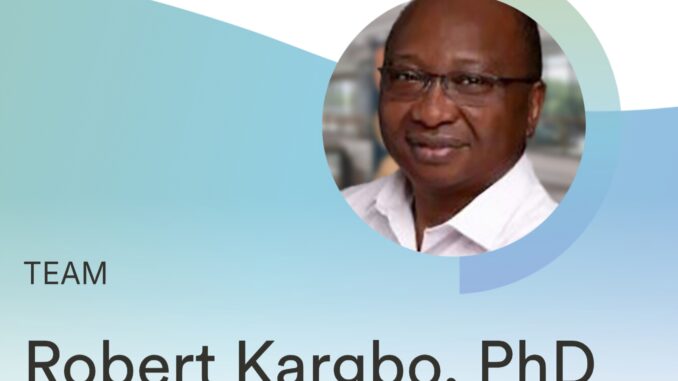
By Dr. Robert Kargbo
Q&A On the Collective Fight for Sierra Leone: Recognizing Every Contribution
In his powerful article, “Let Us All Share Credits with Others for the Ongoing Fight to Redeem Sierra Leone from Maada Bio,” Kabs Kanu reflects on the collective efforts to challenge misgovernance and human rights abuses in Sierra Leone. Kanu shares his pivotal role in facilitating petitions to the UN and the U.S. State Department, emphasizing that the struggle to redeem Sierra Leone is not an individual mission but a shared fight involving many unsung heroes. He underscores the importance of recognizing all contributors, including media outlets like Cocorioko, which have provided critical exposure and documentation of injustices. Kanu calls for unity, humility, and collective responsibility in the ongoing quest for justice and democratic governance.
1. What inspired Kabs Kanu to lead the petition to the United Nations and the U.S. State Department? Kanu was driven by a profound sense of patriotism and duty to his country. When Concerned Sierra Leoneans in the UK sought to present a petition about human rights abuses and misgovernance in Sierra Leone, Kanu took up the responsibility without hesitation. His deep commitment to justice and a better future for Sierra Leone compelled him to take action at the highest diplomatic levels.
2. Why did Kanu refuse financial support for his trip to the UN and the State Department? Kanu declined financial assistance because he wanted his actions to be driven purely by a sense of patriotism, not personal gain. He believed that the fight for Sierra Leone’s redemption should be fueled by integrity and selflessness, not material incentives.
3. How has Cocorioko contributed to the political struggle in Sierra Leone? Cocorioko has been instrumental in exposing human rights abuses and political misgovernance in Sierra Leone. It has provided critical international visibility, shared graphic evidence of abuses, and documented protests and social movements. Kanu mentions that even the International Criminal Court (ICC) and the U.S. Congress have reached out to him for information based on his reports in Cocorioko.
4. What concern does Kanu raise about the tendency of some activists to claim sole credit for the struggle? Kanu criticizes the self-promotion and monopolization of recognition by some activists. He argues that this attitude undermines the collective nature of the struggle and erases the contributions of other individuals and organizations who have played significant roles behind the scenes.
5. How does Kanu’s message emphasize humility and collective action in the fight for justice? Kanu stresses that the struggle to redeem Sierra Leone is not an individual mission but a collective fight involving countless contributors. He calls for humility, mutual respect, and collective acknowledgment to maintain unity and strengthen the movement.
6. What role has the international community played in response to Kanu’s advocacy efforts? Kanu reveals that his efforts have reached the highest levels of global governance. The UN, the U.S. State Department, and even the ICC have responded to his reports, acknowledging the credibility and gravity of the human rights violations in Sierra Leone.
7. How does Kanu suggest activists and media outlets should work together to strengthen the movement? Kanu advocates for collaboration and mutual recognition among activists, media, and advocacy groups. He urges activists to support and amplify each other’s work rather than compete for recognition, as unity and cooperation will ultimately strengthen the collective cause.
8. What does Kanu mean when he says, “The fight is big and many others are involved in different ways”? He emphasizes that the struggle is multi-faceted, involving activists, journalists, diplomats, and ordinary citizens at various levels. From local protests to diplomatic engagements, everyone’s contribution is vital to the broader goal of democratic restoration and justice.
9. How does Kanu view his personal legacy in the fight for Sierra Leone’s redemption? Kanu expresses humility about his contributions but insists that history will recognize his and Cocorioko’s pivotal role. He states that the international community’s engagement with his reports is proof that his work is valued and impactful.
10. What is Kanu’s ultimate hope for the future of Sierra Leone? Kanu’s vision is one of justice, peace, and accountable governance. He believes that with unity, transparency, and collective action, Sierra Leone will eventually overcome its political challenges and emerge as a strong democratic nation.
Summary: Kabs Kanu’s article serves as both a reflection and a call to action. He recounts his key role in presenting petitions to the United Nations and the U.S. State Department regarding the deteriorating political and human rights situation in Sierra Leone. Despite receiving no financial compensation and using his own funds for the initiative, Kanu stresses that the fight for Sierra Leone is not about personal glory—it is a collective effort that involves activists, journalists, and ordinary citizens. He highlights how Cocorioko has played a major role in shaping international awareness about Sierra Leone’s crisis. However, he expresses concern over the tendency of some activists to monopolize credit, ignoring the vital roles played by others. Kanu emphasizes the need for unity and collective recognition as the key to achieving lasting change and restoring justice in Sierra Leone.

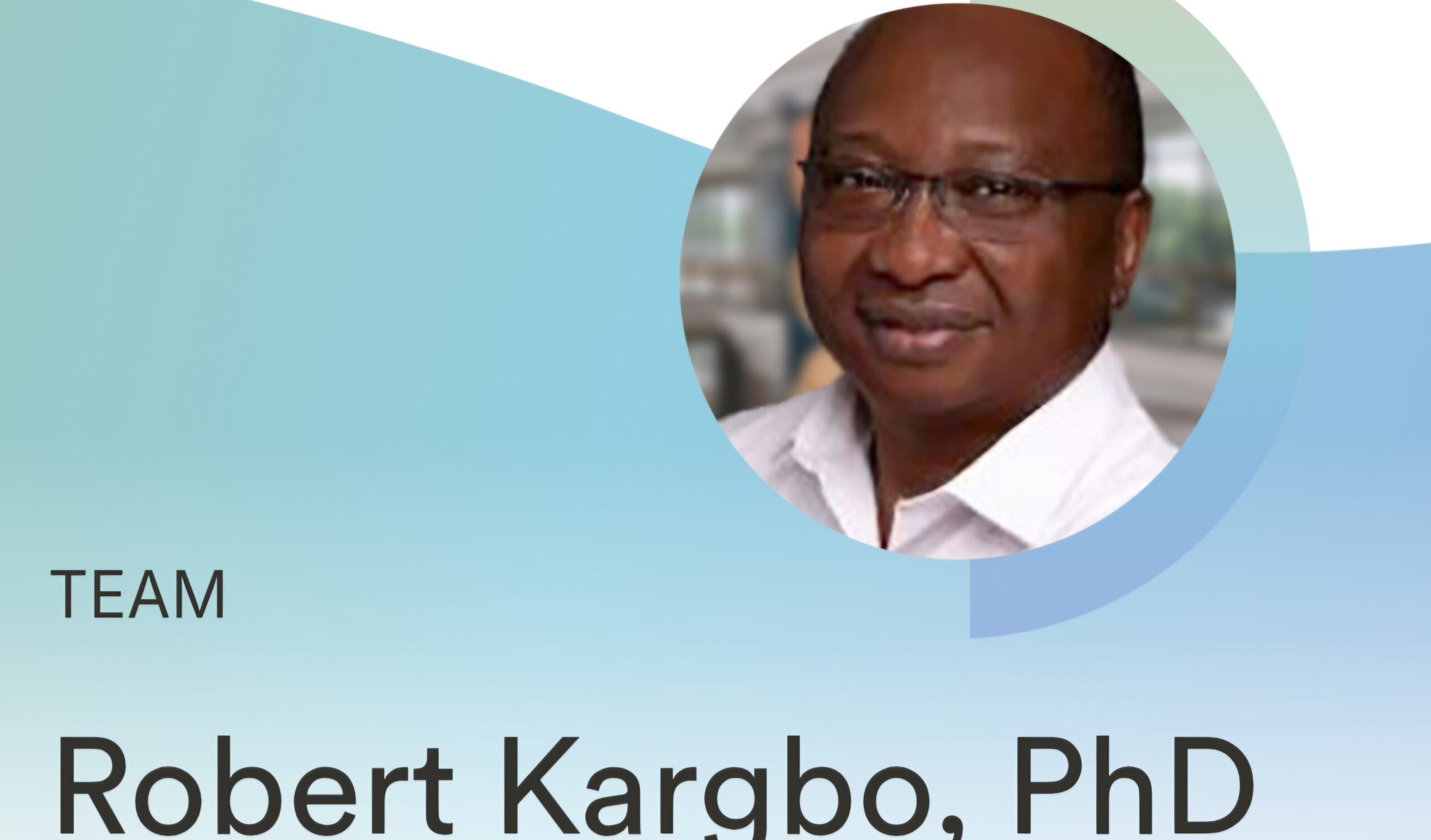
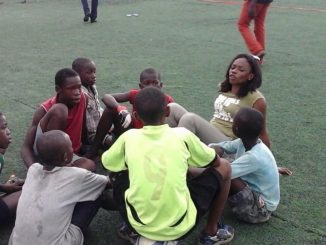
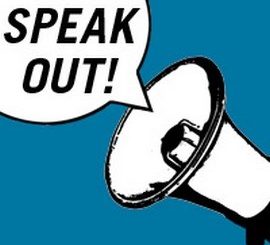
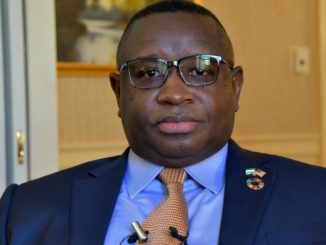
Leave a Reply